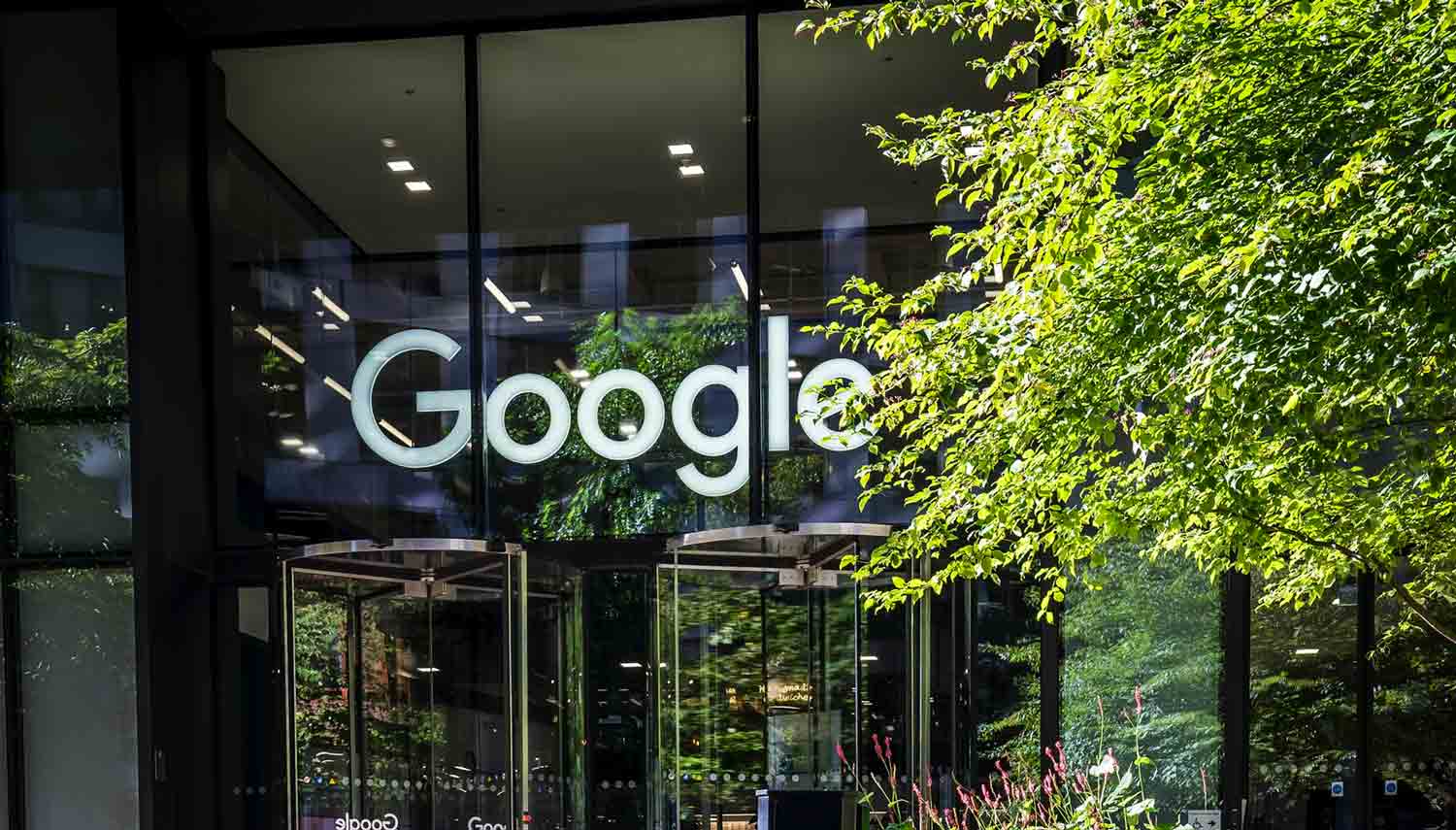

On-page optimization is a crucial aspect of a successful SEO strategy. Its main focus is to enhance the visibility of your website to search engines by optimizing its content and structure. By optimizing the on-page elements, you can increase your rankings in search engine results pages (SERPs) and attract more organic traffic.
This guide provides an overview of on-page optimization and offers tips on how to optimize your website to improve search engine visibility.
What is On-Page Optimization?
On-page optimization involves optimizing the content and structure of your website to make it more visible to search engines. This includes optimizing the HTML code, meta tags, titles, and content.
On-page optimization is important because it helps search engines understand the relevance of your website and determine its ranking in SERPs. By optimizing these elements, you can improve your rankings and drive more organic traffic.
Tips for Optimizing Your Website
1. Optimize Your Title Tags
Title tags carry great importance for SEO. They inform search engines about the content of your page and should be optimized with relevant keywords. Ensure that your title tags are unique, descriptive, and include the main keyword associated with the page.
2. Optimize Your Meta Descriptions
Meta descriptions are short descriptions that appear in SERPs beneath your page title. They should be optimized with relevant keywords and a call to action. Craft unique and descriptive meta descriptions to encourage users to click through to your website.
3. Optimize Your Headings
Headings are vital for both SEO and user experience. They should be optimized with relevant keywords and used to structure your content. Make sure your headings are descriptive and include the main keyword of the page.
4. Optimize Your Content
Content stands as the pillar of SEO. Optimize your content by incorporating relevant keywords and presenting it in a readable and understandable manner.
5. Optimize Your Images
Images are integral to any website. Optimize your images by including relevant keywords and compressing them properly to reduce page load times.
6. Optimize Your URLs
URLs play a significant role in on-page optimization. Ensure that your URLs are descriptive and contain relevant keywords.
7. Optimize Your Internal Links
Internal links contribute to SEO and user experience. Optimize your internal links by including relevant keywords and directing users to the most relevant pages on your website.
Conclusion
On-page optimization is a fundamental aspect of a successful SEO strategy. By optimizing the on-page elements of your website, you can improve your rankings in search engine results pages and drive more organic traffic.
Follow the tips in this guide to optimize your website for better search engine visibility. Best of luck!
Related Posts




